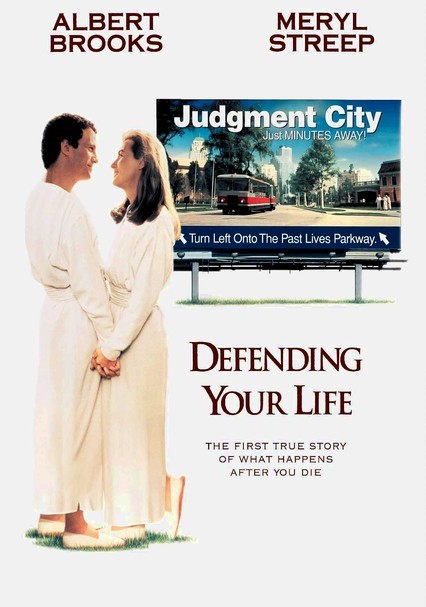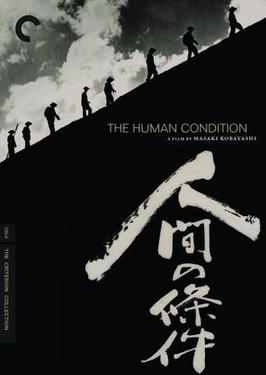Leaving aside whether it was spiritual, it was absurdly fast-paced. The director throws at you up to 5 things at once and gives you merely 3 or 4 minutes to think about them before he assaults you with 5 other things. That's why good slow cinema is even up to 10 hours long. So that the viewer's brain has time to absorb what it's seeing. The condensation of Buddhist references is IMPOSSIBLE to grasp unless you're an absolute expert on the topic. Even the characters themselves are walking symbols. Every five minutes there's another reference to a Buddhist parable, legend, or sutra. Even if you more or less know them, you need time to remember what they were about, but before you do, the director adds two more. I'm positive most people who love this film don't understand it at all. Which is fine in and of itself if the film has other things to offer. But what else is there to love in it? OK, the cinematography is nice, but not masterful. The film isn't contemplative enough. It's too condensed for that.
The director's follow-up The People in White is undeniably a much superior film.
The director's point is to show on film the
koans, like you very well said, which are wrongly accepted in Japanese Zen as parables, or mysteries that only an enlightened being can grasp. In fact, they aren't. They are merely stories written on paper by those who, throughout the centuries, in China, climbed mountains to ask questions to the known Zen Masters. The word "Master" is wrongly understood in Western culture, they had no position of authority, they didn't teach anything, they were farmers who lived in a community, didn't write any books, didn't paint anything, they didn't meditate in any pose, they were there, and answered questions if anyone asked. They were there not to be secluded, escape or form a new society, they were there because they would be killed otherwise. This is history.
All that you see, like you said, is the representation through film, of those famous
koans, that, in historical fact, were not actually from Zen Masters, were merely tools used to point out, by the Japanese, from a position of authority, who were enlightened and who were not, like a key.
The film essentially is not to be understood, there is nothing to really understand, is not knowledge of any kind, is not to be absorbed and kept somewhere. It's formed around two questions that are essentially the same: where did we come, what did come, where do we go, is there anything to go. The film title is exactly the same.
The entry and final scene, alone, resumes the whole thing for the author, and this phrase you won't find in any scripture (at least by these words): "Forever and ever, all is originally empty. There is no beginning, and no end. The thing which neither comes into being, neither perishes."
In the final scene, the orphan boy, who dealt with the most essential: life and death, burns the old master scriptures, it abandons the inquiry, and this is contrary to other spiritual films, or even books, even Buddhism, which has a point, to be free from suffering. In all essence, only the boy got it.



